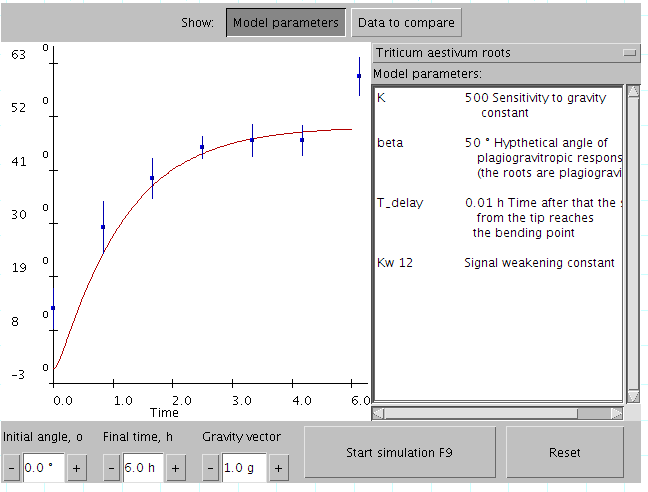|
Applet
In computing, an applet is any small application that performs one specific task that runs within the scope of a dedicated widget engine or a larger program, often as a plug-in. The term is frequently used to refer to a Java applet, a program written in the Java programming language that is designed to be placed on a web page. Applets are typical examples of transient and auxiliary applications that don't monopolize the user's attention. Applets are not full-featured application programs, and are intended to be easily accessible. History The word ''applet'' was first used in 1990 in ''PC Magazine''. However, the concept of an applet, or more broadly a small interpreted program downloaded and executed by the user, dates at least to RFC 5 (1969) by Jeff Rulifson, which described the Decode-Encode Language, which was designed to allow remote use of the oN-Line System over ARPANET, by downloading small programs to enhance the interaction. This has been specifically credited a ... [...More Info...] [...Related Items...] OR: [Wikipedia] [Google] [Baidu] |
Java Applet Java applets were small applications written in the Java programming language, or another programming language that compiles to Java bytecode, and delivered to users in the form of Java bytecode. The user launched the Java applet from a web page, and the applet was then executed within a Java virtual machine (JVM) in a process separate from the web browser itself. A Java applet could appear in a frame of the web page, a new application window, Sun's AppletViewer, or a stand-alone tool for testing applets. Java applets were introduced in the first version of the Java language, which was released in 1995. Beginning in 2013, major web browsers began to phase out support for the underlying technology applets used to run, with applets becoming completely unable to be run by 2015–2017. Java applets were deprecated by Java 9 in 2017. Java applets were usually written in Java, but other languages such as Jython, JRuby, Pascal, |
